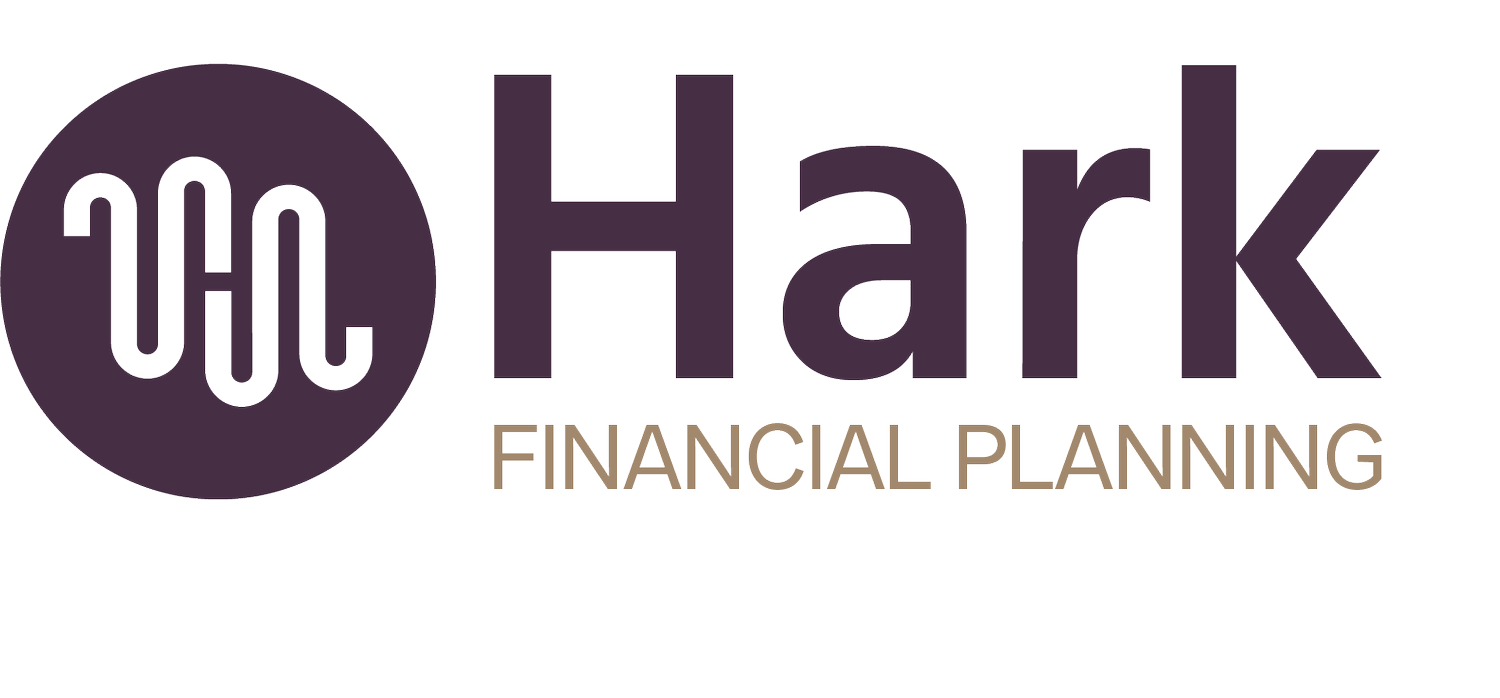Should I Pay Down Student Loans or Invest?
With higher salaries and surplus income, you might be facing an important financial decision: should you pay down your student loans or invest? This question doesn’t have a one-size-fits-all answer, as it depends on various factors unique to your financial situation.
Let’s explore key considerations to help you make an informed decision based on data and personal values. A great first step is determining your current financial situation.
Finding the Big Picture of Your Loans and Investments
First, compare the interest rates on your student loans with potential returns on investments. If your student loans have a high interest rate, paying them down might save you more money in the long run. Federal student loans often have lower interest rates compared to private loans, which can influence your decision.
For example, if your loan interest rate is 6% and your expected investment return is 8%, investing might seem more attractive. However, if your loans carry a higher interest rate, focusing on debt repayment could be more beneficial. Keep in mind that actual returns can vary from your actual returns since investments carry risks. Paying down debt has a rate of return that is equal to the interest rate of the debt.
Historically, the stock market has provided an average annual return of about 7-10% after inflation. If your expected investment return is higher than your loan interest rate, investing could be more beneficial. However, market returns can be volatile and aren’t guaranteed.
Investment and Tax Considerations
Student loan interest can be tax-deductible up to a certain amount, potentially lowering your taxable income. On the other hand, investment gains can be subject to capital gains or income taxes, which should be factored into your decision. Review the IRS guidelines on student loan interest deductions for more information.
Financial Goals and Risk Tolerance
Your short- and long-term financial goals play an important role in this decision. If you have short-term goals like buying a house or starting a family, you might prioritize paying down debt to free up cash flow. For long-term goals like retirement, investing early can leverage the power of compounding returns.
Your comfort with risk is essential. Paying down debt offers a return equivalent to your loan’s interest rate. Investing, however, carries market risk but offers the potential for higher returns. Understanding your risk tolerance helps you decide the best approach for your situation.
Practical Scenarios
Let’s consider some common scenarios to navigate loan vs. investment decisions:
High-interest debt: If you have high-interest private loans, consider prioritize paying them down. The return on eliminating high-interest debt is a solid financial move.
Employer matching contributions: If your employer offers a 401(k) match, consider contributing enough to get the full match. It’s essentially free money and a significant boost to your retirement savings.
Emergency fund: Ensure you have an emergency fund covering roughly 3-6 months of living expenses before aggressively paying down debt or investing. Financial security is paramount.
Each person’s situation is different, so it’s important to consider factors such as the type of debt, opportunities, and savings you currently have.
Balancing Both Approaches
One way to approach this situation is to consider a hybrid approach by allocating a portion of your surplus income to both pay down debt and invest. This way, you reduce debt while building wealth simultaneously.
Another option is to regularly review your financial situation with a certified financial planner to adjust your strategy based on changing circumstances and goals.
Determining Your Debt Payment vs. Investment Strategy
Deciding whether to pay down student loans or invest is a personal decision influenced by various financial factors. By assessing your loan interest rates, expected investment returns, tax implications, financial goals, and risk tolerance, you can make a choice that aligns with your long-term financial well-being.
At Hark Financial Planning, we specialize in helping high-net-worth lawyers navigate these complex decisions. Contact us today to schedule a consultation and create a personalized strategy that fits your unique financial situation.

